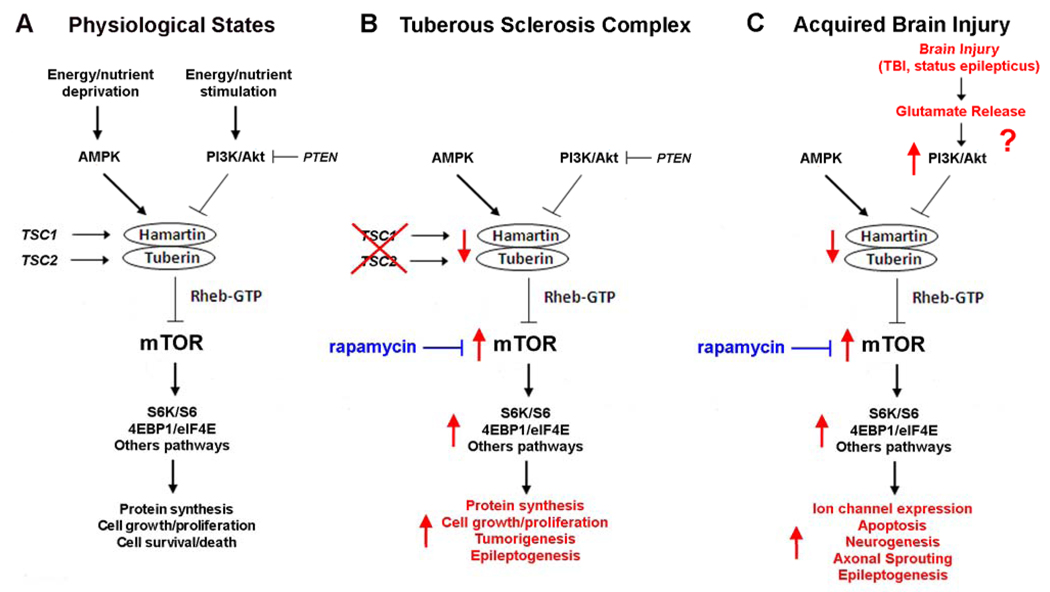Figure 1. Physiological and pathological regulation of the mTOR pathway.
A. Under physiological conditions, mTOR controls multiple downstream effectors, such as S6K/S6 and 4EBP1/eIF4E, which regulate protein synthesis and other processes related to cellular growth, proliferation, metabolism, and survival. In response to environmental or physiological stimuli, multiple upstream pathways, primarily involving cascades of protein kinases, may either activate or inhibit mTOR via modulation of the tuberin-hamartin complex and Rheb GTPase. In anabolic states, such as with insulin, growth factors, or nutrient stimulation, some pathways, such as PI3K/Akt, activate the mTOR pathway and induce protein synthesis, cell growth and proliferation. Conversely, in catabolic states, other pathways, such as AMPK, respond to energy/nutrient deprivation by inhibiting the mTOR pathway and thus slowing protein synthesis, cell growth, and metabolism. B. In the disease of TSC, mutation of one of the TSC genes leads to disinhibition or hyperactivation of the mTOR pathway, causing dysregulated protein synthesis, cell growth and proliferation and predisposing to tumorigenesis and epileptogenesis. Mutations in the PTEN gene product, which normally inhibits PI3K/Akt, may lead to similar cellular phenotypes of increased cell growth and proliferation. C. In addition to genetic mutations, acquired brain injuries may cause abnormal activation of the mTOR pathway, which triggers multiple downstream cellular and molecular changes promoting epileptogenesis. Although the specific upstream signaling pathways that are initiated by brain injury to activate mTOR are unknown, a rational mechanism may involve excessive glutamate release, with subsequent activation of the PI3K/Akt pathway. For both TSC and acquired brain injuries, rapamycin may have antiepileptogenic effects by inhibiting mTOR. Note that these schematic figures are oversimplified for clarity, as other upstream regulators, feedback loops, intermediary steps, and alternative pathways are not shown. Abbreviations: 4EBP1 – elongation factor 4E binding protein 1; AMPK – AMP-activated protein kinase; eIF4E – elongation initiation factor 4E; Akt – protein kinase B; mTOR – mammalian target of rapamycin; PI3K – phosphatidylinositide-3 kinase; PTEN - phosphatase and tensin homolog deleted on chromosome ten; Rheb – Ras homolog expressed in brain; S6 – ribosomal S6; S6K – ribosomal S6 kinase.

